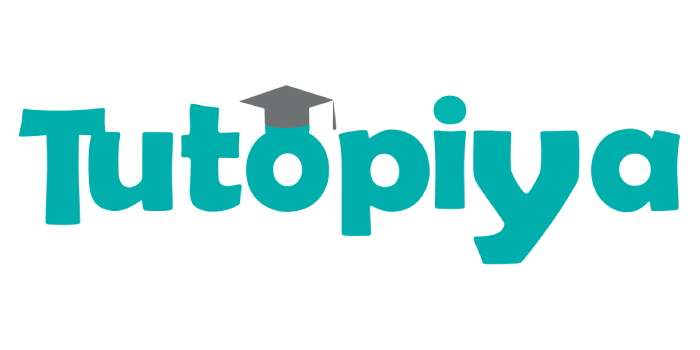Are you worried for the IELTS test? Our team at Tutopiya has provided guides on acing the SAT Test, relevant dates and registrations for the SAT, as well as separate guides on applying to universities in Singapore.
View More 50 Tips and Strategies to Help You Ace the IELTS TestDay: March 18, 2019
Acing the GCE A Level Exams: Our Top 23 Strategies
The GCE A Level examinations are no easy feat to conquer. Many students often find themselves struggling to cope with the demands of the curriculum…
View More Acing the GCE A Level Exams: Our Top 23 StrategiesA Level AQ section: Master the AQ Section in 15 Minutes
Worried about the GCE A Level AQ section, and the upcoming mock tests? Our team at Tutopiya has provided extensive resources in the form of…
View More A Level AQ section: Master the AQ Section in 15 Minutes




